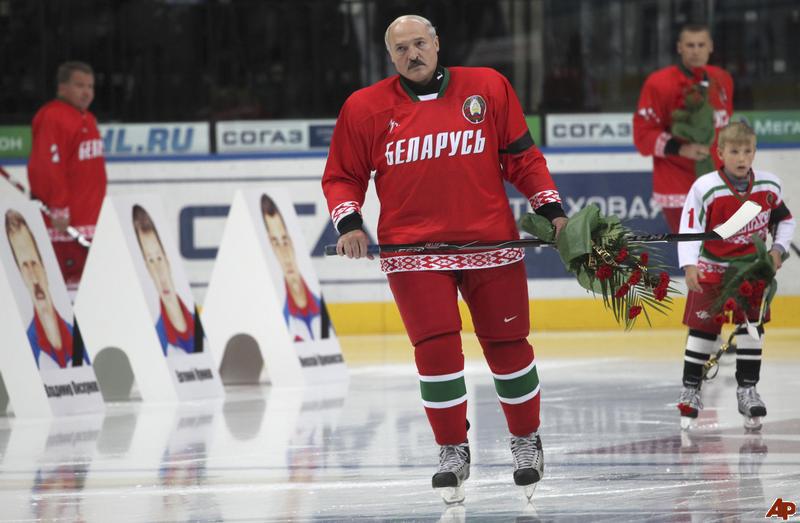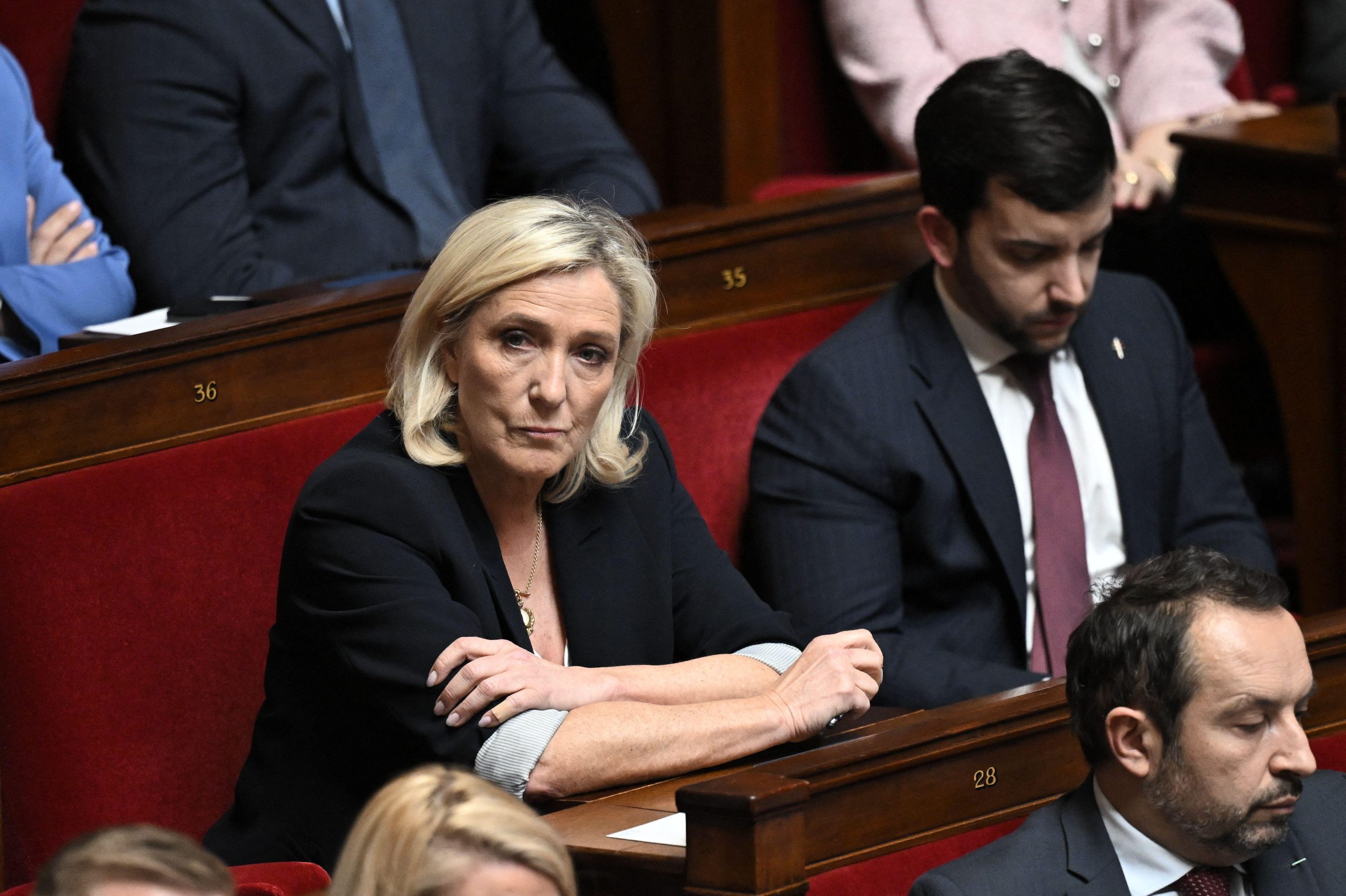Despite a deplorable human rights record, Belarus will host the 2014 World Ice Hockey Championship. German MP Marina Schuster argues organisers should take the competition elsewhere
To say that sport is to be kept separate from politics misses the point. Considering that decisions to give away major events like the Olympic Games or European Football Championships always have a political component, such view is untenable. The case of the 2014 World Ice Hockey Championship in Belarus shows that sports can, in fact, be very political – especially when it comes to the abuse of sporting events.
Since his ascent to power, President Alexander Lukashenko — like no other authoritarian leader — has been exploiting sports, in particular Ice Hockey, to consolidate and enlarge his ruthless security apparatus. The structures he installed around his favorite hobby have provided a shady arena in which deals are forged to the detriment of his own people.
In view of the country’s economic and social challenges, we had hoped that Lukashenko would have an interest in cooperating more closely with the European Union. Yet, the violent repression of political protests in the aftermath of the Presidential elections in 2010 and the executions of Dmitry Konovalov and Vladislav Kovalyov in March of this year have, at least for the moment, shattered our hopes. With Moscow’s backing President Lukashenko has continued to preserve power by inhumane means.
As a result, Germany’s Human Rights Commissioner, Markus Löning of the Free Democratic Party (FDP), wanted to address critical issues such as capital punishment, the freedom of assembly and the release of political prisoners. However, the regime was not willing to listen to our concerns and, therefore, denied Löning entry into Belarus.
It is against this background that I call on the International Ice Hockey Federation to relocate the 2014 World Ice Hockey Championship to another venue. My parliamentary group in the German Bundestag, the FDP, invited the highest representatives of the German Ice Hockey Federation to discuss this issue in Berlin. In a letter, moreover, we asked the Federation to raise its voice at the International Ice Hockey Federation at a meeting in May of this year. It turned out that, unfortunately, the German representative was the only member to raise concerns about the political and human rights situation in Belarus.
Nonetheless, we have not given up and are currently debating alternative avenues to put pressure on Lukashenko and his regime. We will not stop to demand a moratorium on capital punishment, the release all of the remaining political prisoners and the freedom of assembly in a country that is part of our European neighborhood.
This is a balancing act where, on the one hand, we need to make clear that Belarus is isolating itself from European standards and values. On the other hand, we do not want to push the Belarusian people into the arms of Moscow where they cannot expect support for their concerns. Meanwhile, it is important that we continue to shed light on the developments in Belarus to keep the public informed. Lukashenko can be certain to feel the pressure coming from my parliamentary group and the Bundestag in Berlin.
Marina Schuster is a Member of the German Parliament. She sits on the Bundestag’s Foreign Affairs Committee and is also a Member of the Parliamentary Assembly of the Council of Europe
Interested in reading more about sporting boycotts? Read “In a league of its own” from the latest issue of Index on Censorship. For more stories about sports and free expression, visit The Sports Issue for subscription options and more






